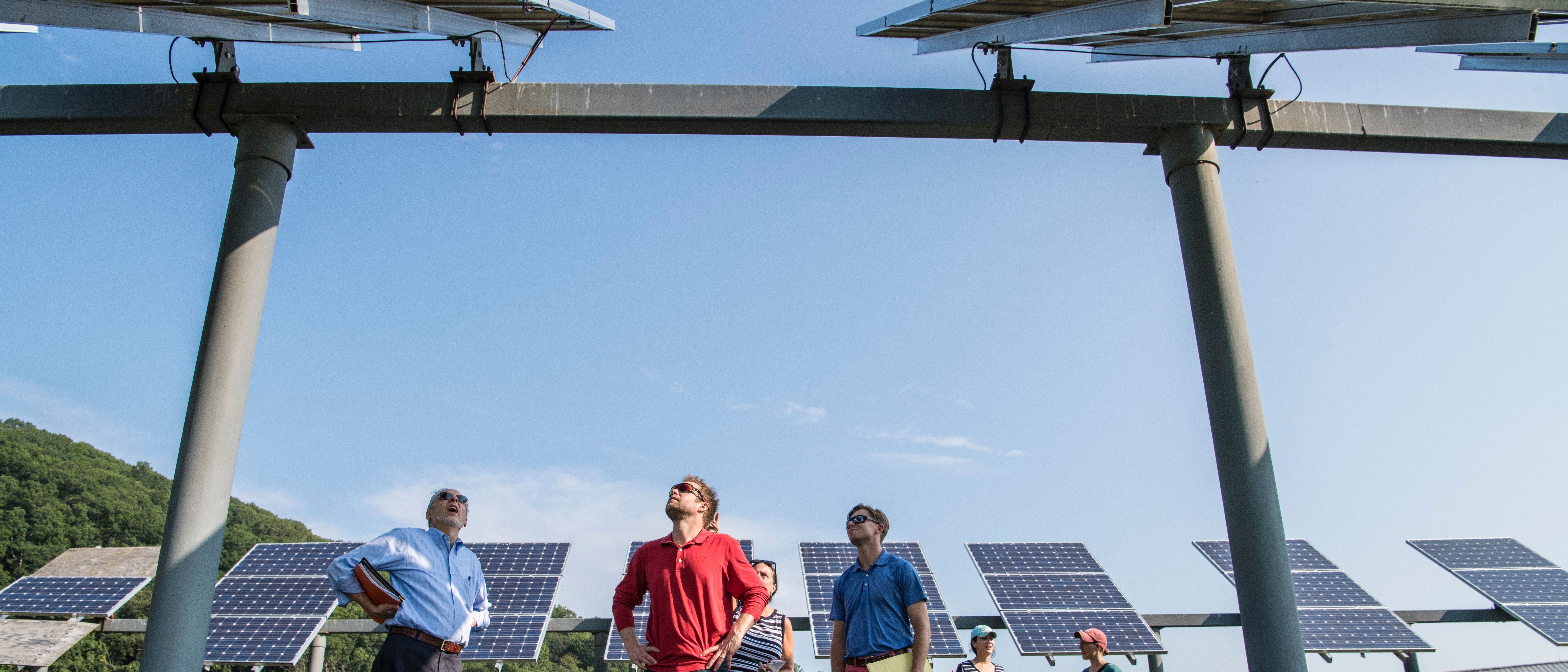Quick summary:
- Investment funds that focus on environmental, social, and governance (ESG) practices have bucked the downward trend in the first months of 2020
- Despite coronavirus, sustainable funds saw a $10.5 billion growth in the first quarter, over double that in the same period last year
- Analysts predict further moves toward ESG as a result of the pandemic
Investment funds emphasising sustainability and social responsibility have outperformed all other asset classes in the first months of 2020, despite the economic downturn caused by the Covid-19 pandemic.
Funds explicitly mentioning environmental, social, and governance (ESG) practices grew by $12.2 billion in the first four months of 2020 – more than double the growth of the same period in 2019 – despite an overall 11% dip in the market during this period, according to data from Morningstar.
Over 70% of ESG funds saw greater growth than alternatives in these months, the same data shows. Meanwhile, a Bank of America Merrill Lynch report found that ESG funds outperformed the S&P 500 by 5% between 19 February and 25 March, the period of most dramatic market decline in the coronavirus crisis.
The First Test
A class of funds that were almost unheard of fifteen years ago, the size of ESG funds has tripled since 2015. Yet, it was feared that the steady growth in sustainable investing would not survive a financial shock, during which investors usually opt for assets with higher returns.
Instead, these recent trends suggest that investors are serious about sustainability and corporate commitments to environmental and social issues.
“This crisis has shown that ESG investing is here to stay – ESG is not a fad,” George Serafeim, a Harvard Business School professor, told the Wall Street Journal. “People are looking for resilience. They are looking for companies that are able to weather the short-term storm and are positioning the business for long-term success.”
The Future of Sustainable Investing
However, according to a research report produced by the asset management firm, DWS, the impact of the pandemic on investment trends might be more long-lasting.
Covid-19 will only increase the number of investors turning towards sustainable funds, the authors argue, as the strategic importance of healthcare, education, and financial inclusion will increasingly be underlined.
Meanwhile, Georg Kell, founding director of the UN Global Compact, agrees. “The pandemic has heightened awareness of the close relationship between human health and the health of the planet,” he wrote in an article for Forbes.
“This may lead to greater respect for and appreciation of natural assets, such as clean air, water and healthy food.”
Photo by Science in HD on Unsplash


